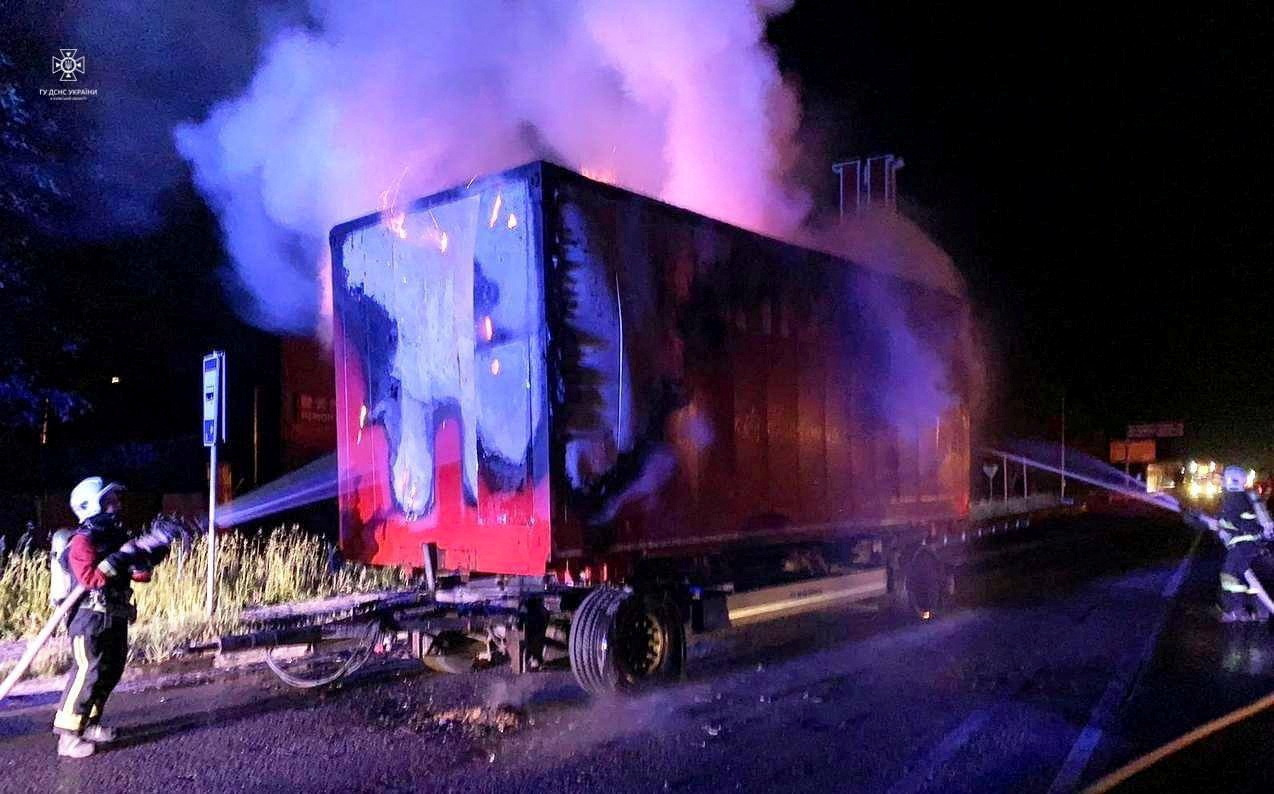Germany's Merz And Ukraine's Potential For Deep Strikes In Russia

Table of Contents
The Strategic Implications of Deep Strikes into Russia
Military Advantages and Disadvantages for Ukraine
Deep strikes into Russia could offer Ukraine several military advantages:
- Disrupting Russian logistics: Targeting supply lines and infrastructure could cripple Russia's ability to sustain its war effort.
- Targeting command centers: Precision strikes could eliminate key personnel and disrupt Russian military command and control.
- Boosting morale: Successful deep strikes could significantly boost the morale of Ukrainian forces and the Ukrainian population.
However, such actions also present considerable risks:
- Escalation: Deep strikes could provoke a significant escalation of the conflict, potentially drawing NATO more directly into the war.
- Russian retaliation: Russia could respond with intensified attacks on Ukrainian infrastructure and civilian targets.
- Resource depletion: Launching deep strikes requires significant resources, potentially depleting Ukraine's already strained military supplies.
Effective deep strikes require advanced weaponry, including long-range missiles like the HIMARS and ATACMS, and sophisticated drones capable of delivering precise strikes. Ukraine's current capabilities in this area are limited, though Western support is crucial in bridging this gap.
Russia's Potential Response to Deep Strikes
Russia's response to Ukrainian deep strikes could be multifaceted and severe:
- Intensified air strikes: Increased bombing of Ukrainian cities and infrastructure is a highly probable response.
- Cyberattacks: Disrupting Ukraine's critical infrastructure through cyber warfare is another likely tactic.
- Escalation of the conflict: Russia might expand its military operations, potentially targeting NATO allies, to deter further Ukrainian aggression.
The impact on civilian populations in both Ukraine and Russia could be devastating. Russia's capabilities to defend against deep strikes, including its air defense systems and electronic warfare capabilities, will also play a significant role in determining the effectiveness and cost of such operations.
International Legal and Political Ramifications
Undertaking deep strikes into Russia raises significant international legal questions. While Ukraine has the right to self-defense, targeting Russian territory could be interpreted as an act of aggression, leading to international condemnation. The potential reactions from NATO allies are diverse, ranging from increased military aid to reluctance to further escalate the conflict. The impact on any ongoing peace negotiations would be catastrophic, severely undermining diplomatic efforts to end the war.
Friedrich Merz's Role and Germany's Position
Merz's Stance on Military Aid to Ukraine
Friedrich Merz has consistently advocated for strong support for Ukraine, including the provision of advanced weaponry. While his exact stance on deep strikes isn't explicitly stated, his support for bolstering Ukraine's defensive capabilities suggests a willingness to provide the means necessary for self-defense, including potentially long-range weaponry. His influence within the CDU and the German political landscape is considerable, making his views on this critical issue highly relevant.
Germany's Current Military Support for Ukraine
Germany currently provides Ukraine with significant military aid, encompassing various types of equipment, including anti-tank weapons, air defense systems, and financial support. However, the provision of long-range strike capabilities remains a point of contention within the German government, reflecting concerns about escalation and potential repercussions.
The Political Landscape in Germany Regarding Ukraine
The political landscape in Germany regarding Ukraine is complex. While public support for Ukraine remains high, there are internal debates about the appropriate level of military assistance and the potential risks of escalation. This internal debate affects the government's policy towards Ukraine and the potential for supplying weapons that could enable deep strikes into Russia. Balancing public opinion, economic considerations, and strategic security concerns is a constant challenge for the German government.
Alternative Strategies and Pathways to Victory for Ukraine
Focus on Defending Existing Territories
An alternative strategy for Ukraine involves consolidating its existing gains and focusing on strengthening its defensive capabilities. This approach prioritizes securing liberated territories and minimizing further losses, rather than engaging in risky offensive operations deep within Russia.
Continued International Pressure on Russia
Maintaining and increasing international pressure on Russia through sanctions, diplomatic efforts, and continued support for Ukraine remains crucial. Weakening Russia's economy and isolating it diplomatically can significantly undermine its ability to wage war.
Long-Term Strategic Goals for Ukraine
Ukraine's long-term strategic goals, including territorial integrity, sovereignty, and a secure future, must inform its military and political decisions. These goals will significantly influence its approach to the conflict and its willingness to consider high-risk strategies like deep strikes into Russia.
Conclusion
Germany's Merz and the potential for Ukrainian deep strikes into Russia present a complex strategic challenge. While such strikes could offer potential military advantages, the risks of escalation, Russian retaliation, and international legal ramifications are significant. Friedrich Merz's influence on German policy, alongside internal German debates and the broader international context, will ultimately shape the decision-making process. Alternative strategies, focused on defense, international pressure, and long-term strategic goals for Ukraine, should also be carefully considered. Further research into "Ukraine conflict analysis," "German foreign policy," and "Russian military strategy" will provide a deeper understanding of this crucial issue. Continue researching the topic to remain informed about Germany's Merz, Ukraine's potential deep strikes into Russia, and their wider impact on the conflict.

Featured Posts
-
 Optimalis Talajnedvesseg Es Homerseklet Strategiak Az Alfoeldi Noevenytermesztesben
May 28, 2025
Optimalis Talajnedvesseg Es Homerseklet Strategiak Az Alfoeldi Noevenytermesztesben
May 28, 2025 -
 Hailee Steinfeld Chiefs Fan Revealed On Hot Ones
May 28, 2025
Hailee Steinfeld Chiefs Fan Revealed On Hot Ones
May 28, 2025 -
 Gubernur Koster Tetapkan Strategi Penyaluran Bkk Untuk 6 Kabupaten
May 28, 2025
Gubernur Koster Tetapkan Strategi Penyaluran Bkk Untuk 6 Kabupaten
May 28, 2025 -
 Eredivisie Title Race Ajax Advances Feyenoord And Psv Battle Continues
May 28, 2025
Eredivisie Title Race Ajax Advances Feyenoord And Psv Battle Continues
May 28, 2025 -
 Mauritius Holiday For Broadstairs National Lottery Winner 105 000 Jackpot
May 28, 2025
Mauritius Holiday For Broadstairs National Lottery Winner 105 000 Jackpot
May 28, 2025
